Improved data collection and analysis help identify ‘drivers’ behind high fatality rates and develop fisher safety initiatives
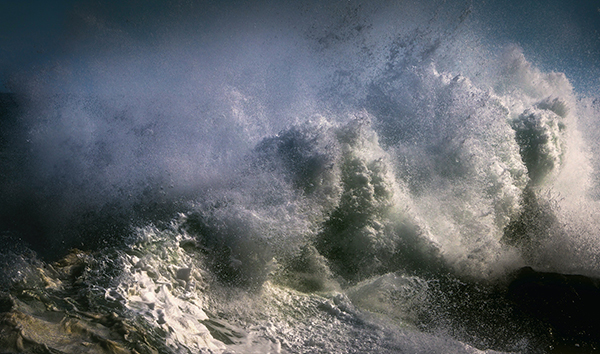
The seafood industry and seven non-government organizations (NGOs) are supporting a call by the Food and Agriculture Organization of the United Nations (FAO) to create a mechanism to record and reduce fisher mortality. The safety of fishers has been an “enduring problem” for the wild capture seafood industry for many years. Previously, research by the ILO in 1999 and subsequently by the FAO estimated that annual fisher deaths were in the region of 24,000 and 32,000 respectively, or 65 and 87 deaths per day.
However, the 35th Session of the Committee on Fisheries of the FAO has highlighted that new research soon to be published by the Pew Charitable Trust, Lloyds Register Foundation, IMO, FISH Safety Foundation (FSF) and FAO, with contributions from many FAO members, suggests that the number of fatalities within the fishing sector is likely much greater than 100,000 annually.
“This latest research on the death rate in the global fishing industry, highlighted by the UN Food and Agriculture Organization Committee on Fisheries, is cause for serious concern,” said Andy Hickman, Head of the Seafood Ethics Action Alliance. “Notwithstanding the important work being around the world to improve safety practices in the seafood sector, there is clearly far more that needs to be done. The SEA Alliance and its members are committed to working with all stakeholders in the seafood sector to better understand the underlying issues that create risks for workers and helping to support improvements where they are needed.”
As a result of this new information, the Pew Charitable Trusts is calling on the member states of FAO to develop a mechanism that can establish a data collection scheme and repository on global fisher accident and mortality rates.
In response, several major tuna processors (Bolton Group, BumbleBee and Tri-Marine), seafood industry groups (Fedepesca, SEA Alliance, Hong Kong Sustainable Seafood Coalition and Fishing Industry Association) and NGOs concerned with fisher safety issued a statement in support of the measure.
“We are committed to ensuring that the seafood we buy and sell is sourced from responsible producers that have not engaged in activities that expose fishers to unsafe and harmful working conditions,” the group wrote in a statement. “We believe it is critically important to urgently improve data collection and analysis of accidents and loss of life in the fishing industry. This will help us to understand the drivers behind these unacceptably high fatality rates and ensure that safety initiatives are developed and implemented based on robust data.”
According to Pew Charitable Trusts, the drivers for this very high mortality rate include climate change and illegal, unreported and unregulated fishing activities (IUU fishing), which push fishing vessels into unsafe waters, as well as insufficient oversight of vessel construction and operations.
Follow the Advocate on Twitter @GSA_Advocate
Now that you've reached the end of the article ...
… please consider supporting GSA’s mission to advance responsible seafood practices through education, advocacy and third-party assurances. The Advocate aims to document the evolution of responsible seafood practices and share the expansive knowledge of our vast network of contributors.
By becoming a Global Seafood Alliance member, you’re ensuring that all of the pre-competitive work we do through member benefits, resources and events can continue. Individual membership costs just $50 a year.
Not a GSA member? Join us.
Author
Tagged With
Related Posts
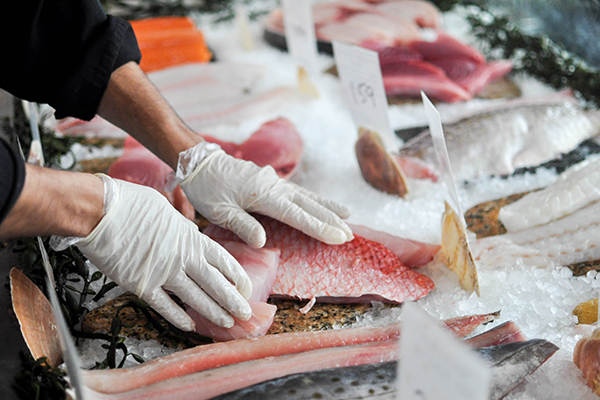
Intelligence
Suppliers, retailers and others call for improved seafood traceability standards in Canada
Grocery chains, seafood industry stakeholders and experts are calling for improved traceability standards for seafood sold in Canada.
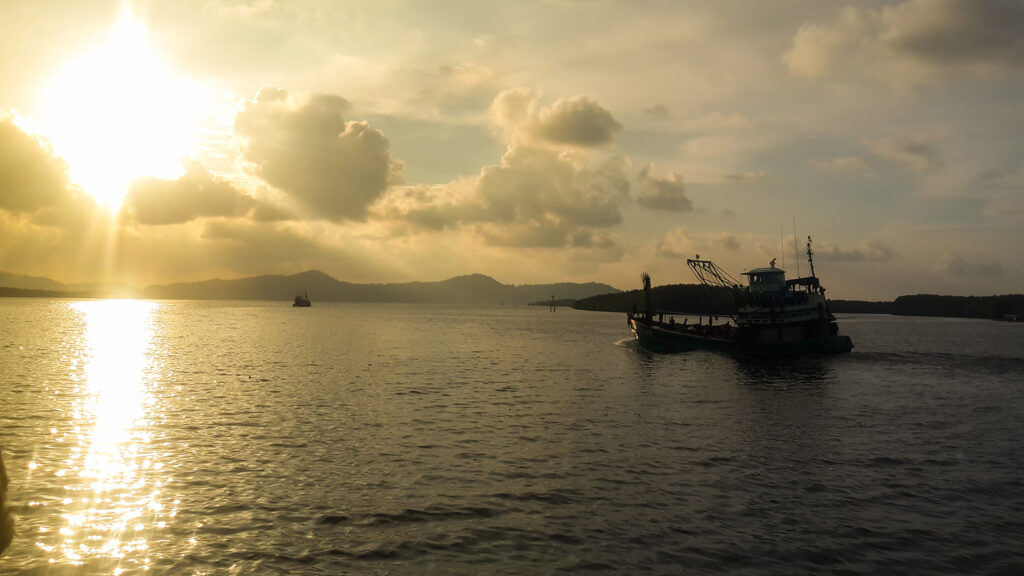
Fisheries
Can a data-sharing tool eliminate IUU fishing and make seafood supply chains more reliable?
The Sustainable Fisheries Partnership’s new data-sharing tool helps users identify environmental risks and eliminate IUU fishing in seafood supply chains.
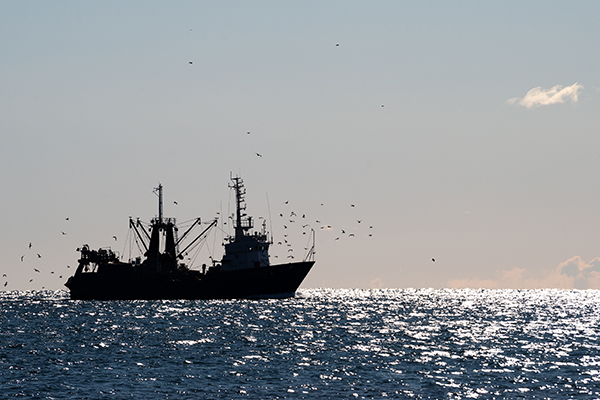
Fisheries
Stanford researchers launch IUU fishing and labor abuse risk tool
Stanford University-led research finds that more than 50 percent of assessed ports are associated with risk of labor abuse or IUU fishing.
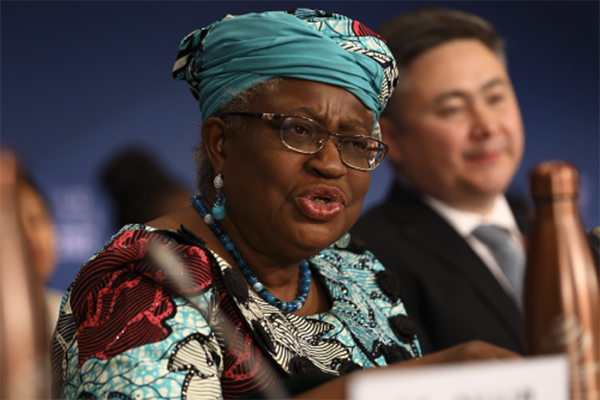
Fisheries
WTO members agree to curb subsidies that contribute to overfishing
World Trade Organization members have struck an agreement to end subsidies that contribute to overfishing, a decision that took 20 years to reach.



